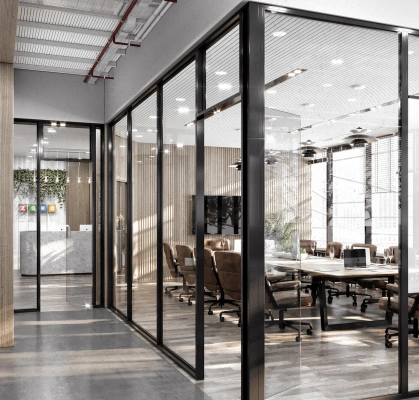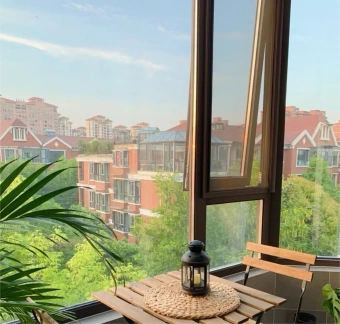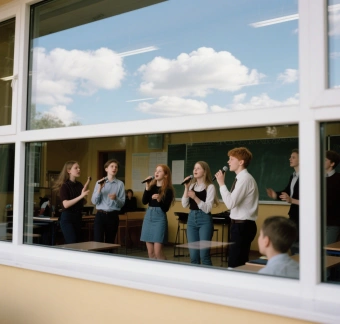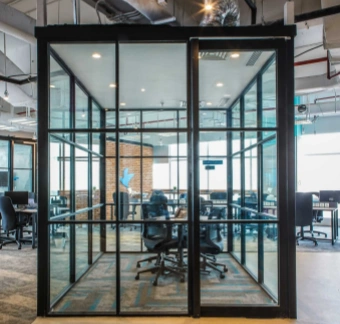acoustic glass (also known as soundproof glass) is a glass system specifically designed and used to reduce the transmission of outdoor noise into indoor spaces.
The thicker the glass, the better the sound insulation. However, glass has a resonant frequency. If the resonant frequency is the same as that of sound waves, the glass will resonate, generating new noise and thus failing to achieve noise reduction.
The PVB film in laminated glass can effectively absorb low - frequency noise without affecting the light transmittance. Therefore, it is also one of the ways to improve the sound - insulation effect.
Increasing the thickness of the hollow layer of insulating glass can enhance its sound - proofing effect. Moreover, using insulating glass and laminated glass simultaneously is a more excellent sound - proofing solution.



The resonant frequency of glass refers to the frequency at which glass vibrates when subjected to sound waves of a specific frequency. When the frequency of sound waves matches the resonant frequency of the glass, resonance occurs, making it easier for sound waves to penetrate the glass and thus reducing its soundproofing effectiveness.
Therefore, we recommend the use of laminated glass or double-glazed glass to minimize the occurrence of resonance and enhance sound insulation.





That’s not quite accurate.
Indeed, the thicker the glass, the harder it is for sound to penetrate. However, sound waves of certain frequencies can create a “resonance phenomenon” with the glass, amplifying the noise. Each glass thickness has its own specific resonance frequency. So, no matter how thick the glass is, there will always be a frequency that causes the glass to generate louder noise. This is why we have a variety of soundproof glass combinations – to deal with the resonance frequencies of the glass.
Experience the quality of GLASVUE glass firsthand with a complimentary sample tailored to your project requirements.
Let us design a glass solution that perfectly aligns with your unique architectural vision and technical specifications.
Access detailed technical data sheets for GLASVUE’s architectural glass products, including performance metrics and installation guidelines.
Gain inspiration from our curated collection of successful GLASVUE installations worldwide, showcasing innovative applications of architectural glass.
© All Copyright 2024 by GLASVUE | Privacy Policy